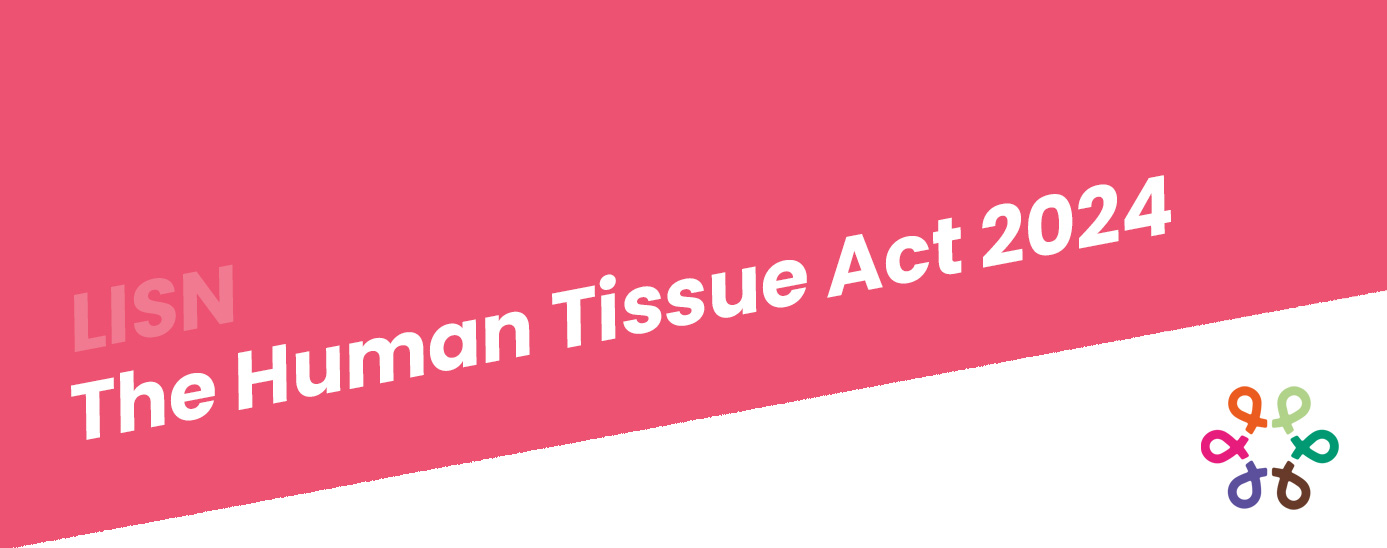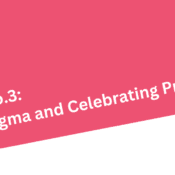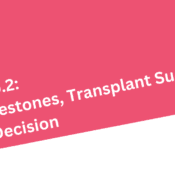
The Human Tissue (Transplantation, Post-Mortem, Anatomical Examination and Public Display) Act, 2024
The Human Tissue (Transplantation, Post-Mortem, Anatomical Examination and Public Display) Act was signed into law on 26th February 2024 and provides a robust, transparent and ethical legal framework.



